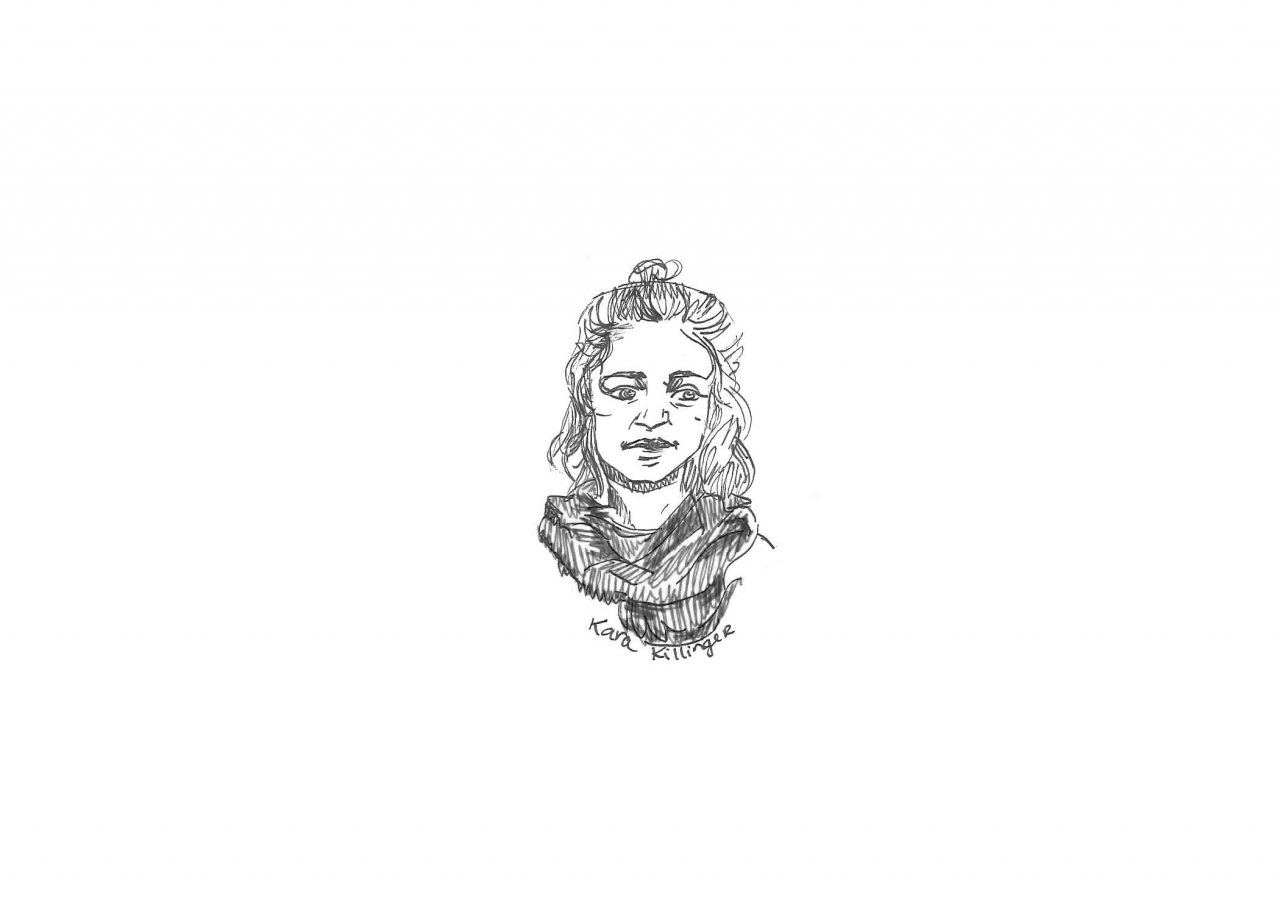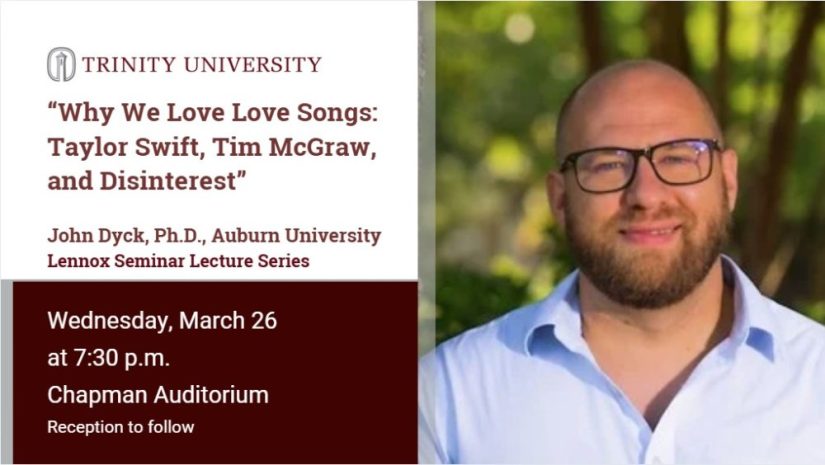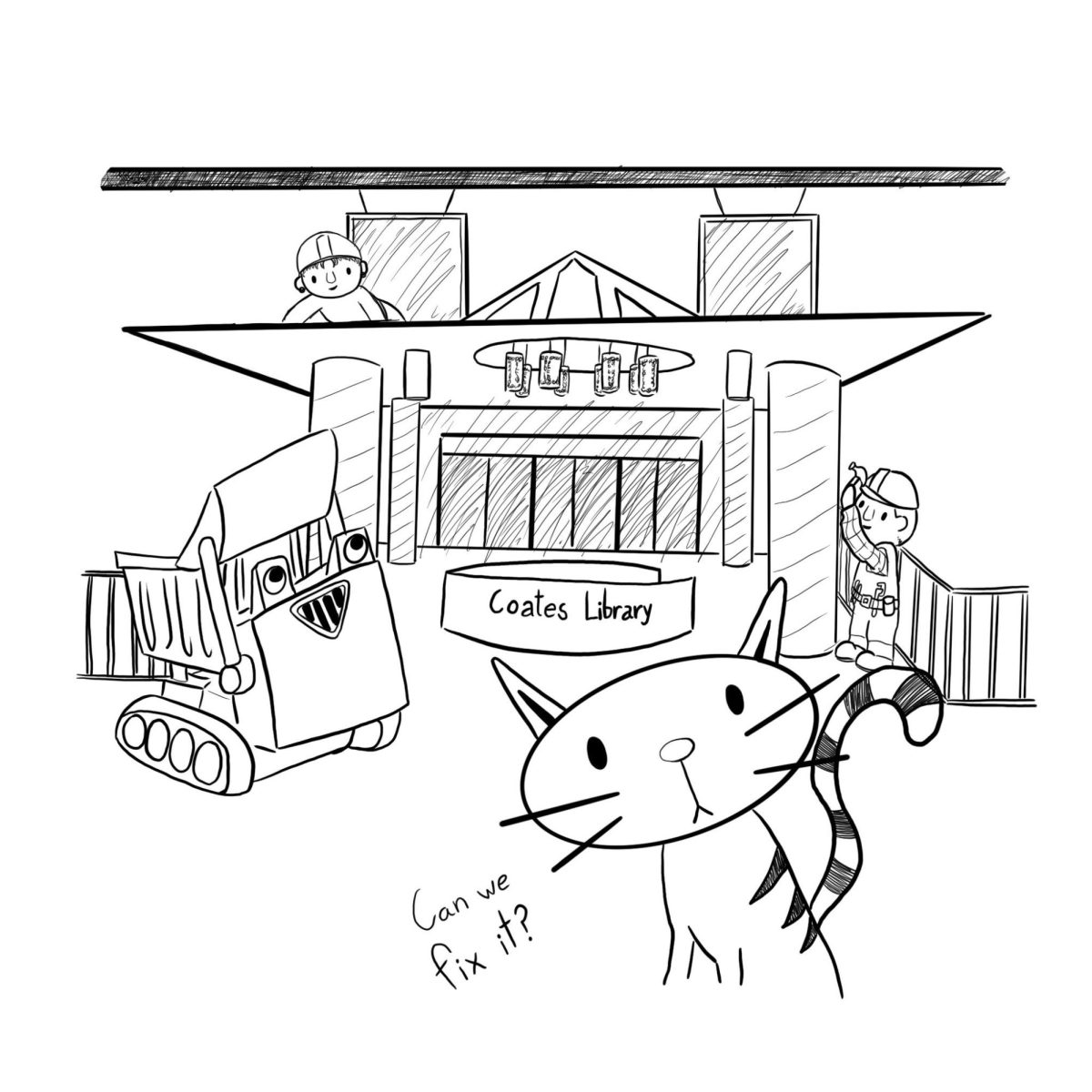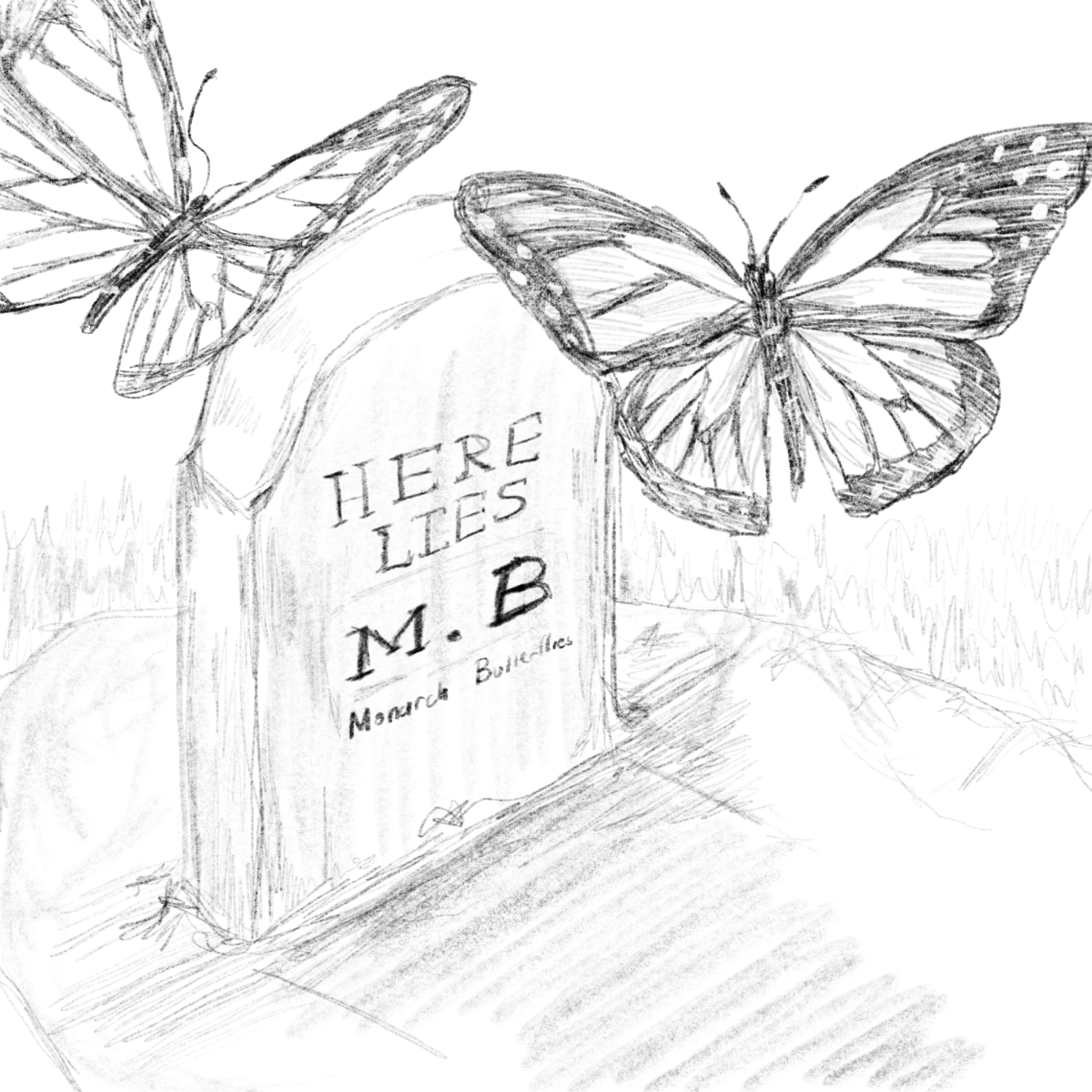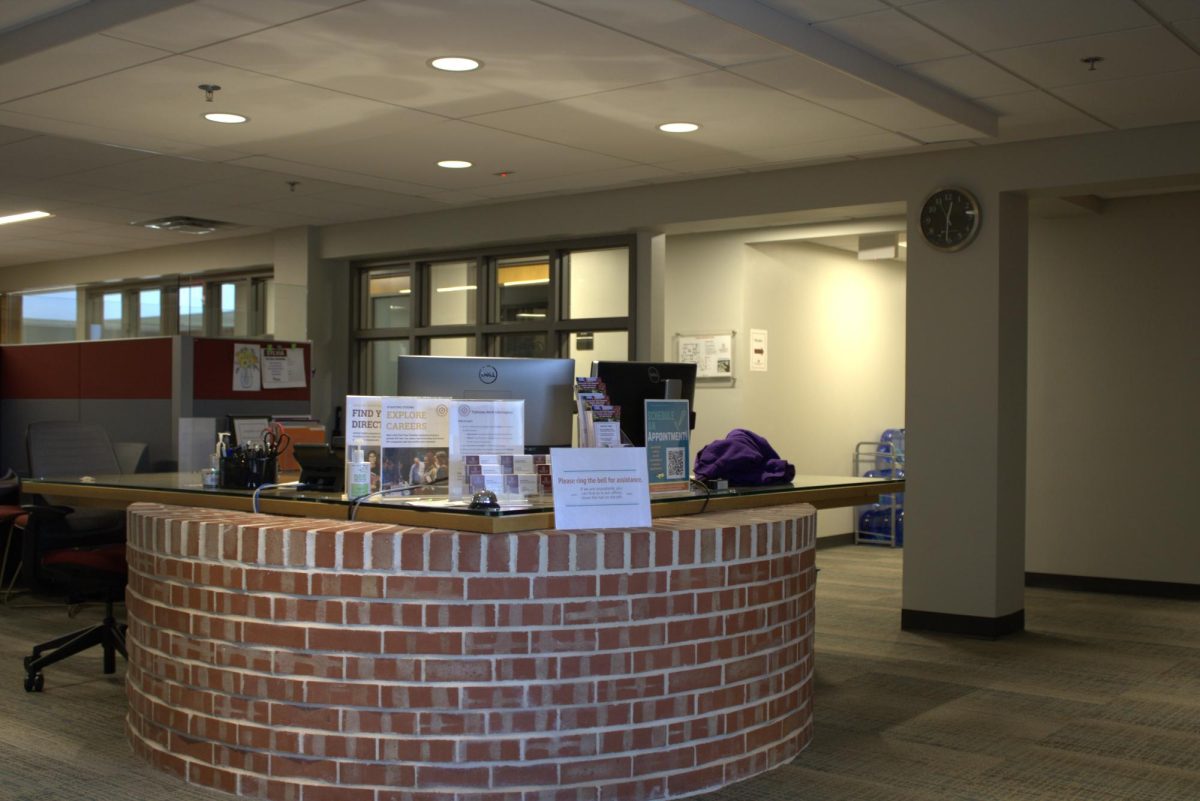Illustration by Julia Poage
This is a part of our 2020 Graduation Issue. Click here to flip through the whole thing.
I was sitting at the kitchen table at my grandparents’ house in Michigan when I got the email announcing that the spring semester would take place online. I spent the rest of spring break glued to my phone, scrolling endlessly though Twitter, like if I got to the bottom of my feed, the virus and its corresponding cancellations would all go away.
After several nights of staying up until 4 a.m. worrying, a stressful flight to Texas, and so much hand-sanitizer use that my hands were scaly and bleeding, I was back on campus, peeling posters off the walls of my dorm. That day, my friend Soleil stopped by to return a bag of my old clothes I had given her to try on a while ago — you know how it is, they didn’t all work for her — and we stood in the North parking lot for a long time, talking about her new job, our mutual friends, how crazy this all was.
I met Soleil — and nearly every friend I’ve made at Trinity — through my job as Pulse section editor of the Trinitonian. I got this job by a stroke of luck when the previous editor transferred to another school in January 2018. Other events of my January 2018 were less lucky: In the same week I attended my grandfather’s funeral, I also broke up with my boyfriend of a year and a half and went to the newsroom for my second-ever production night.
Actually, that production night was the very day of my oh-so-dramatic breakup. Every fifteen minutes or so, I’d stop silently struggling to design newspaper pages, stand up from my desk, walk to the Tigers’ Den and sob into my soggy potato and egg taco, hoping that none of my new coworkers could hear me. I felt like the most pathetic person to ever be accidentally hired to an editing position. To make matters worse, though it was halfway through my sophomore year, I hardly knew anyone at Trinity. I was so socially anxious I could hardly imagine asking for help working Adobe InDesign, let alone sorting through my emotions.
But then, I met Soleil, and Julia, and other Julia, and Georgie, Evan, Austin, Jordan, Kendra and Kathleen. While reporting and editing gave me a new passion and sense of purpose, my new friends on the Trinitonian gave me emotional support, people to talk about music and classes and relationships, intelligence I could learn from. That spring, my life brightened. The worst month of my life faded into a pleasant February, and slowly, with the help of these unlikely friends who lived in a windowless basement, I got better — at sorting through my emotions and at InDesign.
In quarantine, I’ve been reading a ton of David Sedaris, who focuses — like most of us, like me — on the bad, but is also funny. In his newest book, Calypso, he writes, “Memory aside, the negative just makes for a better story: the plane was delayed, an infection set in, outlaws arrived and reduced the schoolhouse to ashes. Happiness is harder to put into words. It’s also harder to source, much more mysterious than anger or sorrow, which come to me promptly, whenever I summon them, and remain long after I’ve begged them to leave.”
When I look back at college… Who am I kidding? Memories of sitting on white adirondack chairs on seventy-degree days, feeling the light spritz of Miller Fountain and looking forward to a party later will fade to nothing, as memories of heartbreak, rejection and sitting at my grandparents’ kitchen table watching my dreams of post-grad employment slip through my fingers will burn forever in my anxious brain.
What’s worse, quarantine is no breakup; I can’t imagine myself as a redemptive figure who will come out of this situation brighter and better. As the death toll climbed, I wrote a couple of film papers in my childhood bedroom in Houston, where I don’t pay rent. I owe my ability to complete my coursework more to privilege than grit. Even congratulating myself at a time like this feels excessive.
After talking for a while, Soleil and I finally said goodbye and good luck, without hugging. I watched her drive away, thinking that this one interaction had to stand in for so many others. There would be no more themed parties at Georgie, Natasha and Kendra’s apartment. I would not see Maggie Rogers perform at the Aztec in April. There would be no petting Sabrina the cat on the way back to North, no weekend hours wasted over gin and tonic at Faust, no running into too many acquaintances at Mama’s Kitchen on Sunday mornings.
In the months that followed, some of my friends would move in with their partners, others with their parents, and some would remain in their own apartments. We’d come together via Zoom, Snapchat and the Netflix Party Chrome extension, but without a city in common, it would get harder to stay in touch. In late April, Soleil would listen to a podcast I made for a capstone project and snap me: “It was so weird hearing your voice again” because we hadn’t spoken since that day in the parking lot.
My college experience will forever be marked by the lack of a senior spring. For the rest of all our lives, just saying “Class of 2020” will bring the virus to mind. But I will say I don’t feel alone at all. Looking back at college in all its tragic embarrassment, I’m trying to think less about that day in 2018 when I was sobbing in a basement and more about the people who looked me in the eye, put their arms around my shoulders, and said, “Hey, we need you in the newsroom.”

